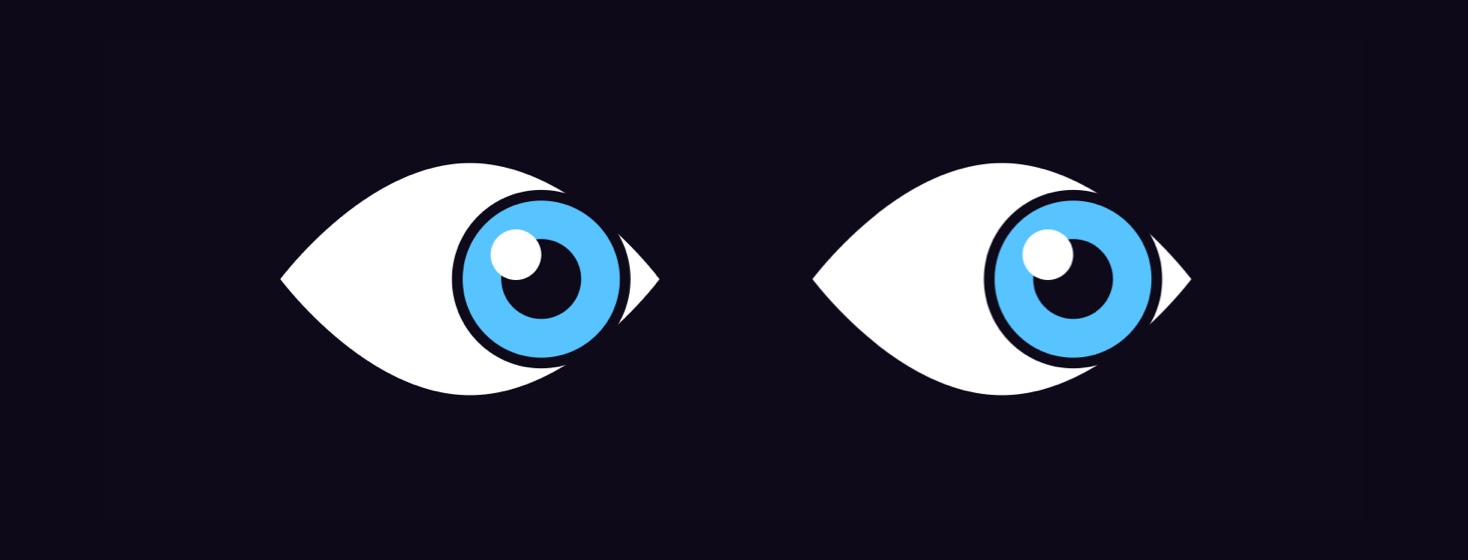Paranoia, Suspicion, and Sight Loss During a Pandemic
Being on lockdown due to the pandemic has had some positives. One of them is great institutions such as Drexel University in Philadelphia offering lots of free and reduced cost continuing education hours. I have been spending some time collecting hours towards the renewal of my license and learning a few things.
Suspiciousness and paranoia
The webinar I just finished was by a guy named Aaron Brinen and was entitled Suspiciousness and Paranoia During the Isolation: Recovery-Oriented Cognitive Therapy. Dr. Brinen talked about people becoming suspicious of others with isolation due to COVID-19. It got me thinking about sensory loss and isolation and suspiciousness.1
What are people thinking about me?
When I first lost my sight, I wondered what people were thinking about me and my abilities. I wondered if people were offering me rides and taking me places not because they wanted to or they liked me but because they pitied me. In short, I was suspicious of people’s motives and thoughts.
Theories on the impacts of sensory loss
When I trained - back in the Dark Ages; you know - there was a general belief that sensory loss, and especially hearing loss, made people more paranoid. According to the abstract for a research paper entitled Delusion syndromes in sensory impediment published on Europe PMC, since 1915 when some guy named Kraepelin said it first, the connection between sensory loss and paranoia has been supported. I would tell you more but the article is in German and I am not even sure I understand the English abstract.2
Isolation can contribute to suspicion
While that makes sense - they could be saying anything and making faces and we might never know, a good reason to be a little paranoid - that common sense interpretation has not always been empirically supported. Instead, although not speaking about sensory loss in particular, Brinen talks about all conditions that tend to isolate us as contributing to paranoia and suspiciousness.1
Anything that makes us want to isolate, such as thinking people are pitying us, can lead to suspicion and paranoia.
Thinking I am not as good as I once was, thinking people feel I am a burden, thinking people pity me, these could have all been reasons to isolate and become even more suspicious. Fortunately, me being me, social animal, I was not constitutionally predisposed to easily withdraw from life. That was a good thing because, according to Dr. Brinen on his webinar, isolation and worry provide fertile ground for suspiciousness and paranoia to grow. What’s more, self-esteem issues can follow.1
A simple solution
Dr. Brinen has a rather simple solution to the suspicion and paranoia issue. Stay engaged in life. Engaging in life leaves little time for us to indulge in our worries and concerns. Also when we are isolating we stop taking in new information. We never get to see that our fears are not supported by what is actually going on in the world outside of our own heads. Without getting new information it is simply not possible to correct our misperceptions.1
In short, while our bodies have been locked down this spring, our minds do not have to be. Fighting the isolation of COVID-19, vision loss, what have you can fight worries and suspicions and paranoia. I learned this from a webinar and now you know it, too.

Join the conversation